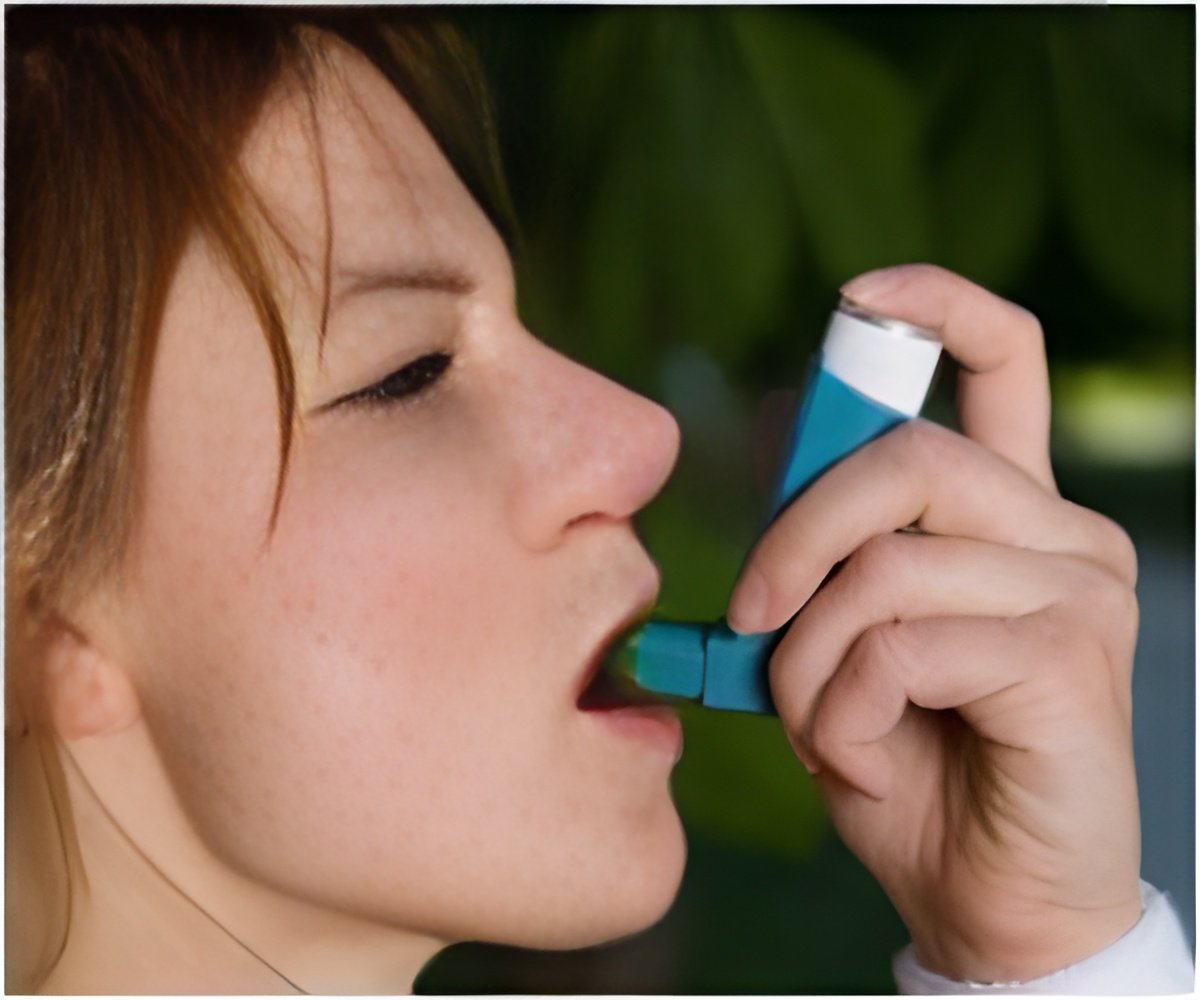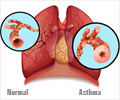Living near sites that extract natural gas by hydraulic fracturing, also known as fracking, may increase the risk of asthma up to four times.

‘Living near sites that extract natural gas by hydraulic fracturing, also known as fracking, may increase the risk of asthma up to four times.’





The researchers found more than 35,000 asthma patients aged from five to 90. Most asthma attacks they suffered - nearly 21,000 in all - were mild, requiring a corticosteroid prescription. Another 4,782 severe attacks required hospitalization and 1,870 moderate ones prompted emergency room visits. The researchers mapped where the patients lived, together with the location, size and number of natural gas operations, and compared them to asthma patients who suffered no attacks during the same year.
"Those who lived closer to a large number or bigger active natural gas wells were significantly more likely - 1.5 to four times more likely - to suffer asthma attacks," the study said.
The findings held up even when the researchers accounted for other factors that can exacerbate asthma, such as living near main roads, having a family history of asthma, and smoking, they said.
However, the study uncovered only an association between fracking and asthma, and did not prove any link or explain why asthma may be more common.
Advertisement
The growth of Pennsylvania's fracking operations - with more than 6,000 wells developed in the past decade - has raised concerns about effects on air and water quality.
Advertisement
"It's also striking that the authors failed to provide comparative data from, say, eight years or so prior to shale development emerging in the region," said spokeswoman Erica Clayton Wright.
The study was funded by the National Institute of Environmental Health Sciences.
Source-AFP














